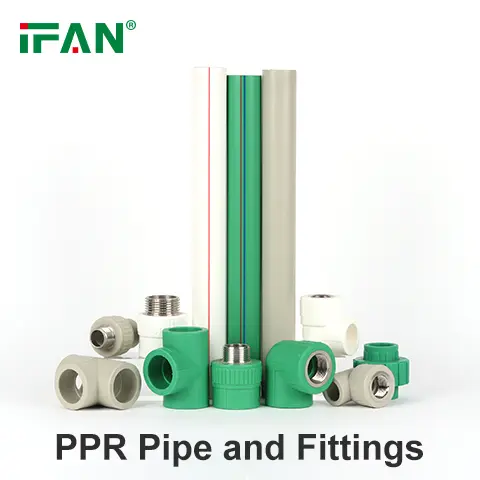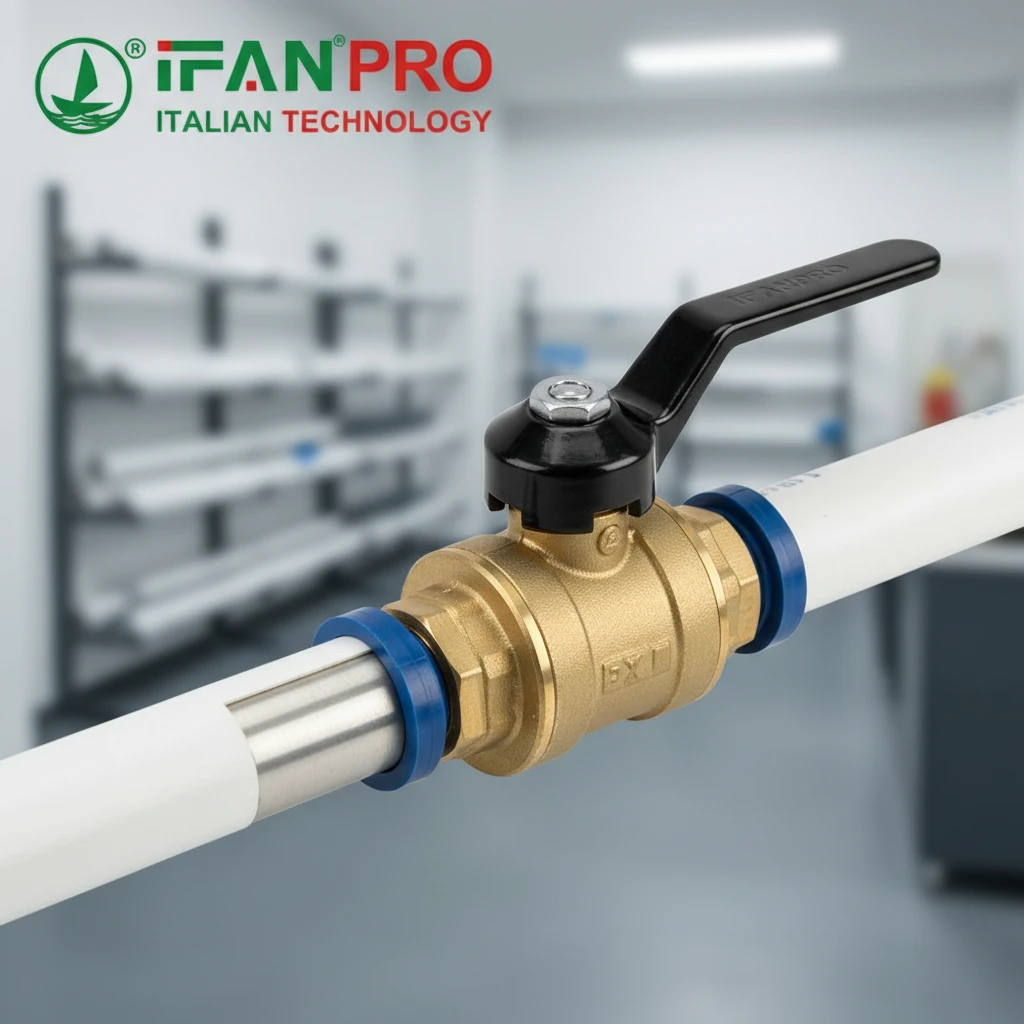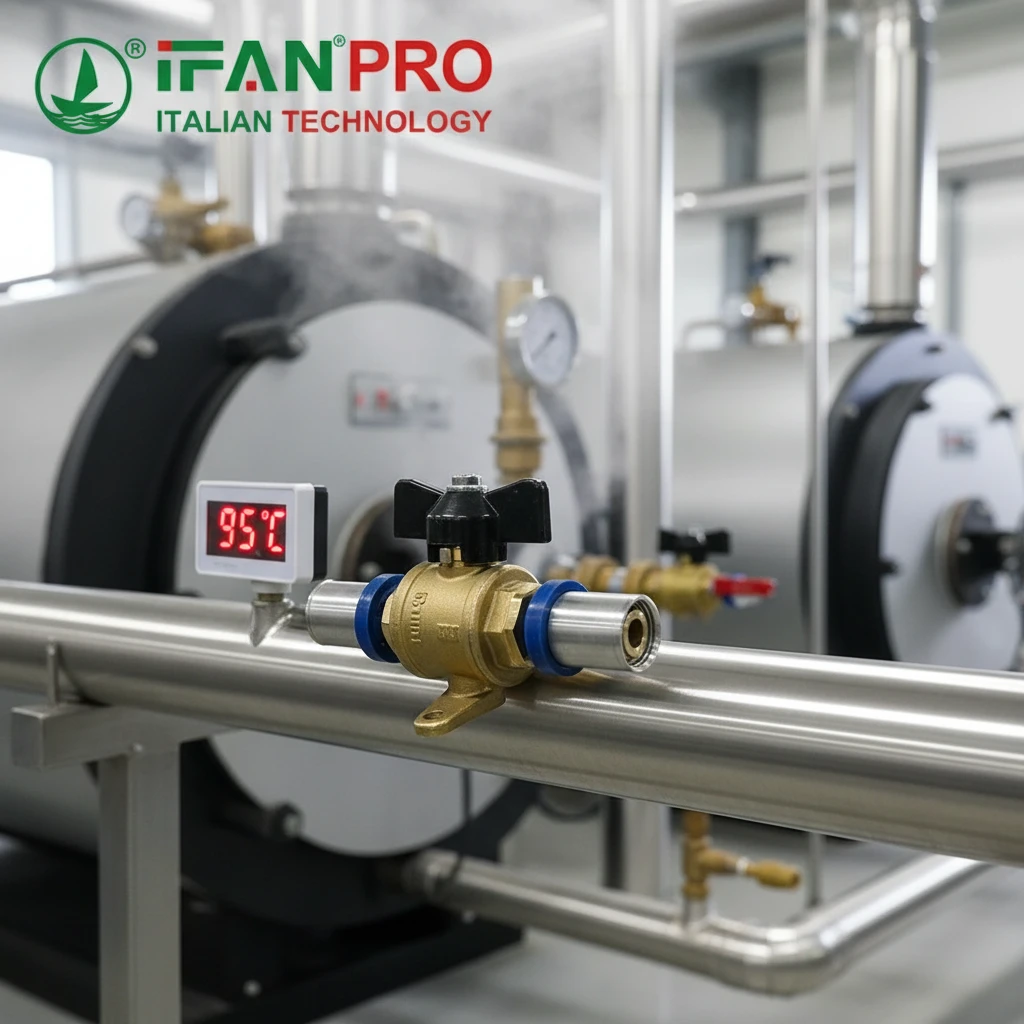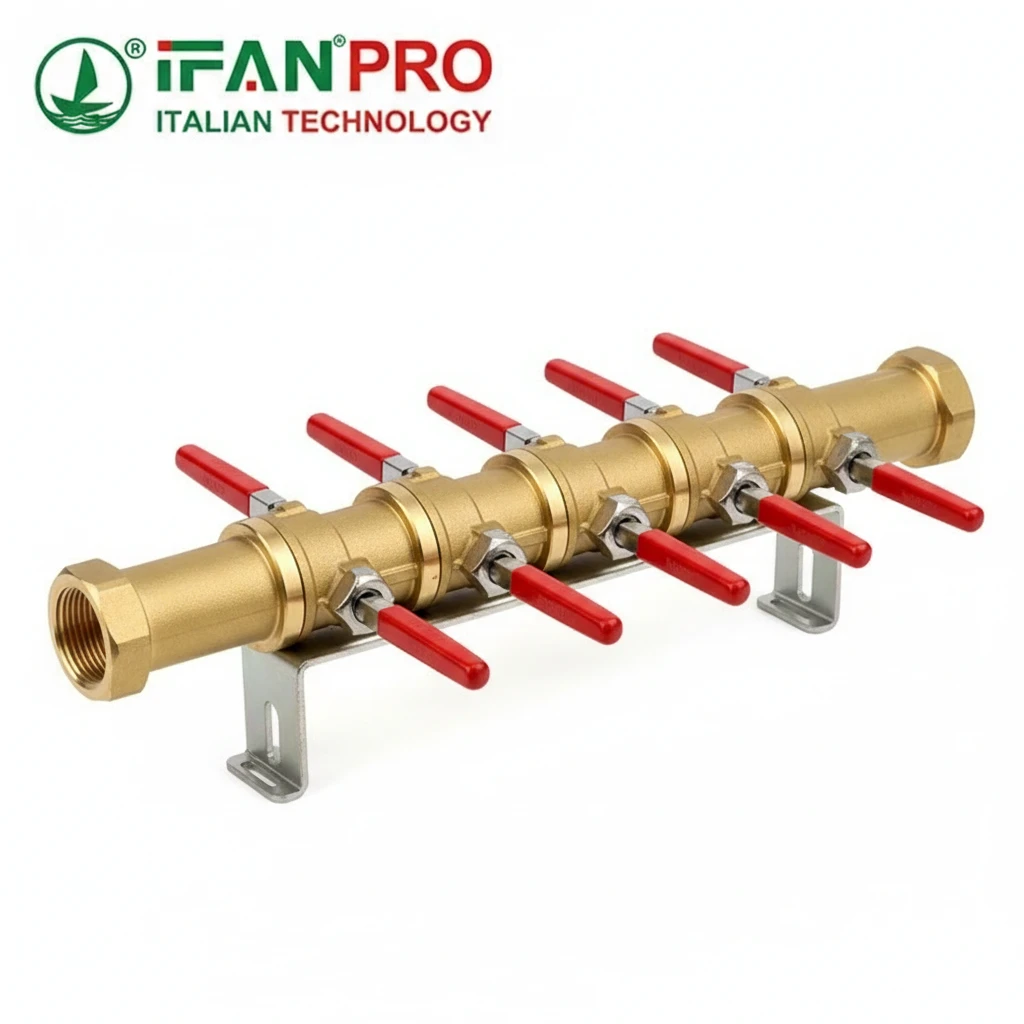1. Introduction
For industrial and commercial customers handling chemical processes, understanding PPR pipes’ chemical resistance is critical for safe and efficient operations. This guide provides technical insights, testing data, and real-world applications to answer this common question.
2. PPR Material Properties
2.1 Molecular Structure
- Random copolymerization of propylene and ethylene creates a non-polar matrix
- Inert chemical nature prevents reactions with most substances
2.2 Key Resistance Properties
- pH Stability: Handles extremes from 1 (strong acid) to 14 (strong alkali)
- Solvent Resistance: Resists alcohols, esters, and ketones
- Oxidation Protection: Stabilizers prevent degradation from free radicals
3. Chemical Compatibility Ratings
3.1 Acids
| Chemical | Concentration | Compatibilité | Test Standard |
|---|---|---|---|
| Hydrochloric | Up to 30% | Excellent | ASTM D543 |
| Sulfuric | Up to 50% | Good | ISO 175 |
| Nitric | Up to 20% | Fair | EN 12201 |
3.2 Alkalis
- Sodium hydroxide (50%): Excellent resistance
- Potassium hydroxide (40%): Good performance
- Ammonium hydroxide (25%): Moderate tolerance
3.3 Salts & Solvents
- Sodium chloride (all concentrations): Excellent
- Ethanol (100%): Full compatibility
- Acetone (50%): Good resistance
4. Industrial Applications
4.1 Chemical Processing
- Chlorine gas: PPR-lined steel pipes recommended
- Sulfuric acid storage: DN110 PN25 pipes in chemical plants
4.2 Water Treatment
- Chloramine disinfection: 15-year lifespan verified
- Alum coagulants: No leaching in NSF 61 tests
4.3 Pharmaceutical Manufacturing
- Ethanol-based cleaning: 10-year service life
- Sodium hypochlorite (20%): Successfully handled in production lines

5. Limitations & Best Practices
- Oxidizing Agents: Avoid continuous exposure to >30% hydrogen peroxide
- High-Temperature Chemicals: Reduce pressure rating by 20% for >70°C
- Installation: Use proper welding techniques to prevent stress cracking
- Ventilation: Install gas vents for benzene/toluene applications
6. Yifan Pipeline’s Solutions
As a leading manufacturer, we offer:
- Premium PPR: Enhanced stabilizers for aggressive chemicals
- Lined Pipes: PPR-lined steel for chlorine gas systems
- Custom Testing: Free chemical compatibility analysis
- Certifications: ISO 10350, EN 12201, NSF 61
7. Case Studies
7.1 German Petrochemical Plant
- Challenge: 30% hydrochloric acid transport
- Solution: DN75 PN16 PPR pipes
- Result: 15-year leak-free operation
7.2 Indian Water Utility
- Requirement: Chloramine-resistant pipes
- Product: Custom PPR formulation
- Outcome: 20% lower maintenance costs than HDPE
7.3 French Pharmaceutical Facility
- Application: Ethanol-based cleaning systems
- Performance: 98% efficiency retained after 8 years
8. FAQs
Q: Can PPR pipes handle nitric acid?
A: Yes, up to 20% concentration with proper pressure ratings.
Q: What’s the pH range for PPR pipes?
A: PPR maintains stability across pH 1-14 in continuous use.
Q: Do you offer lined pipes for extreme chemicals?
A: Yes, PPR-lined steel pipes are available for corrosive environments.
9. Conclusion
PPR pipes provide excellent chemical resistance for diverse industrial applications. [Yifan Pipeline] offers tailored solutions backed by rigorous testing. Visit ifanultra.com to explore our chemical-resistant products or request a free compatibility report.













Commentaires récents